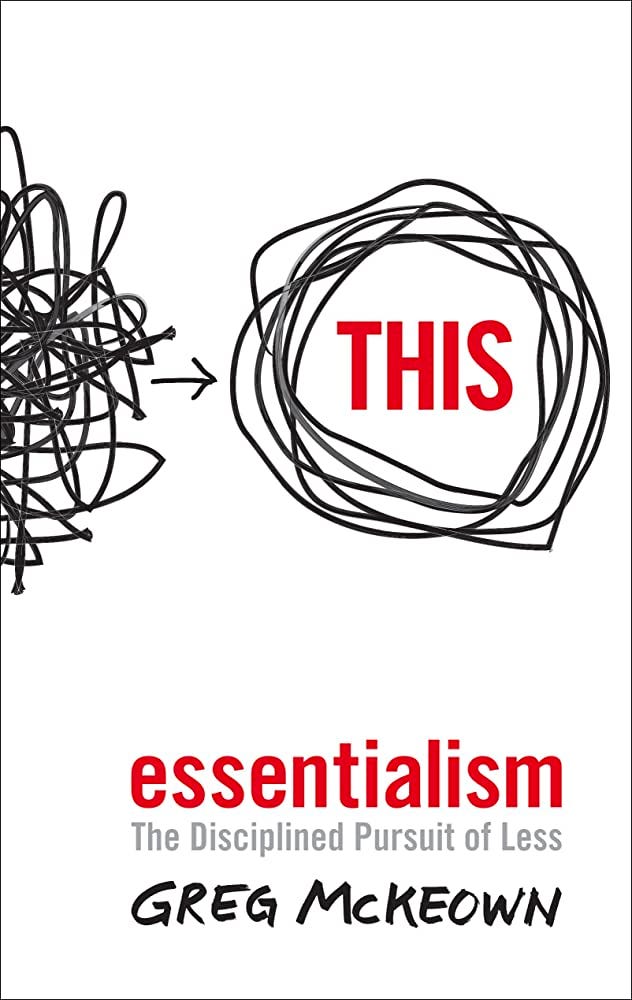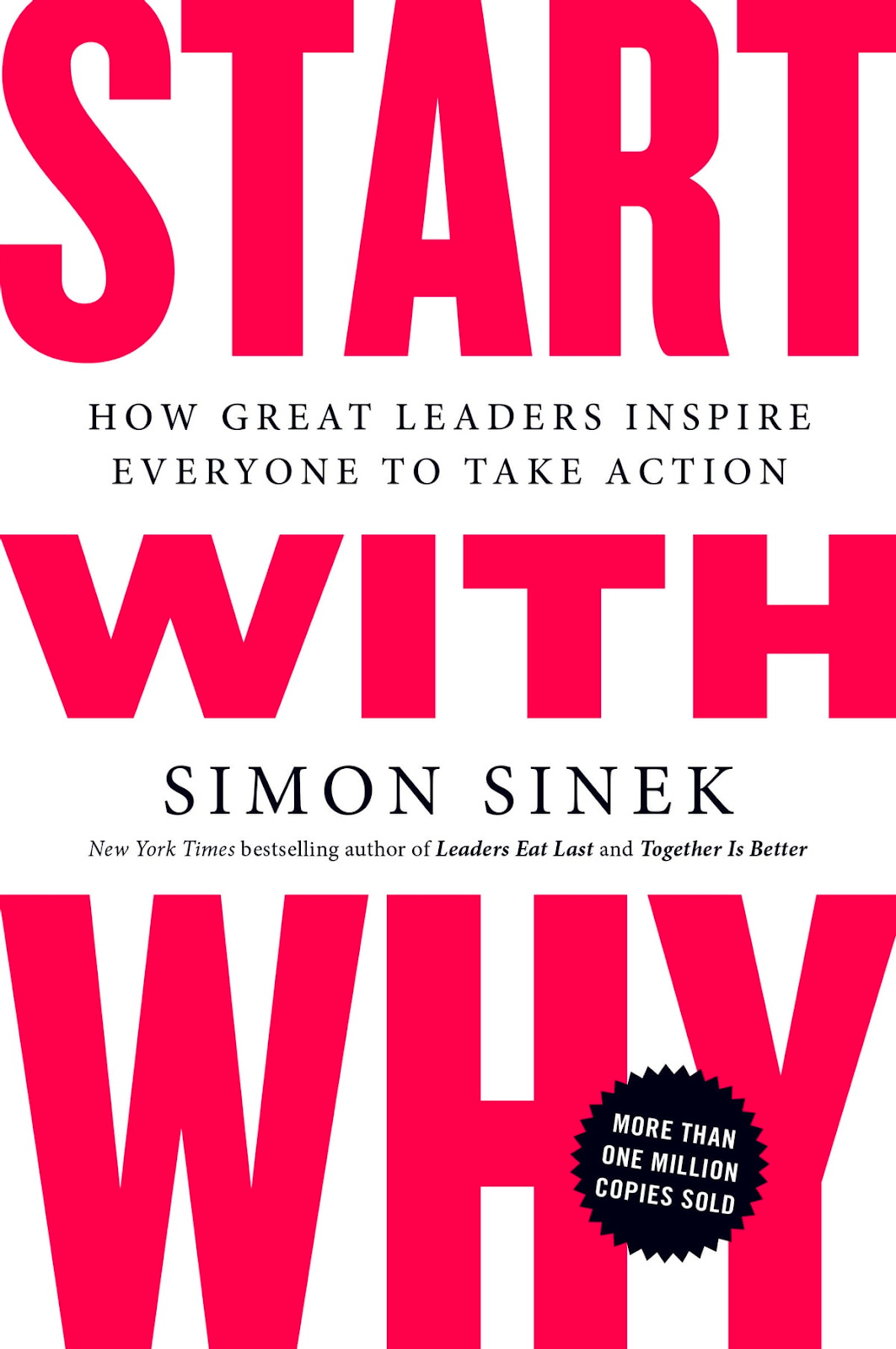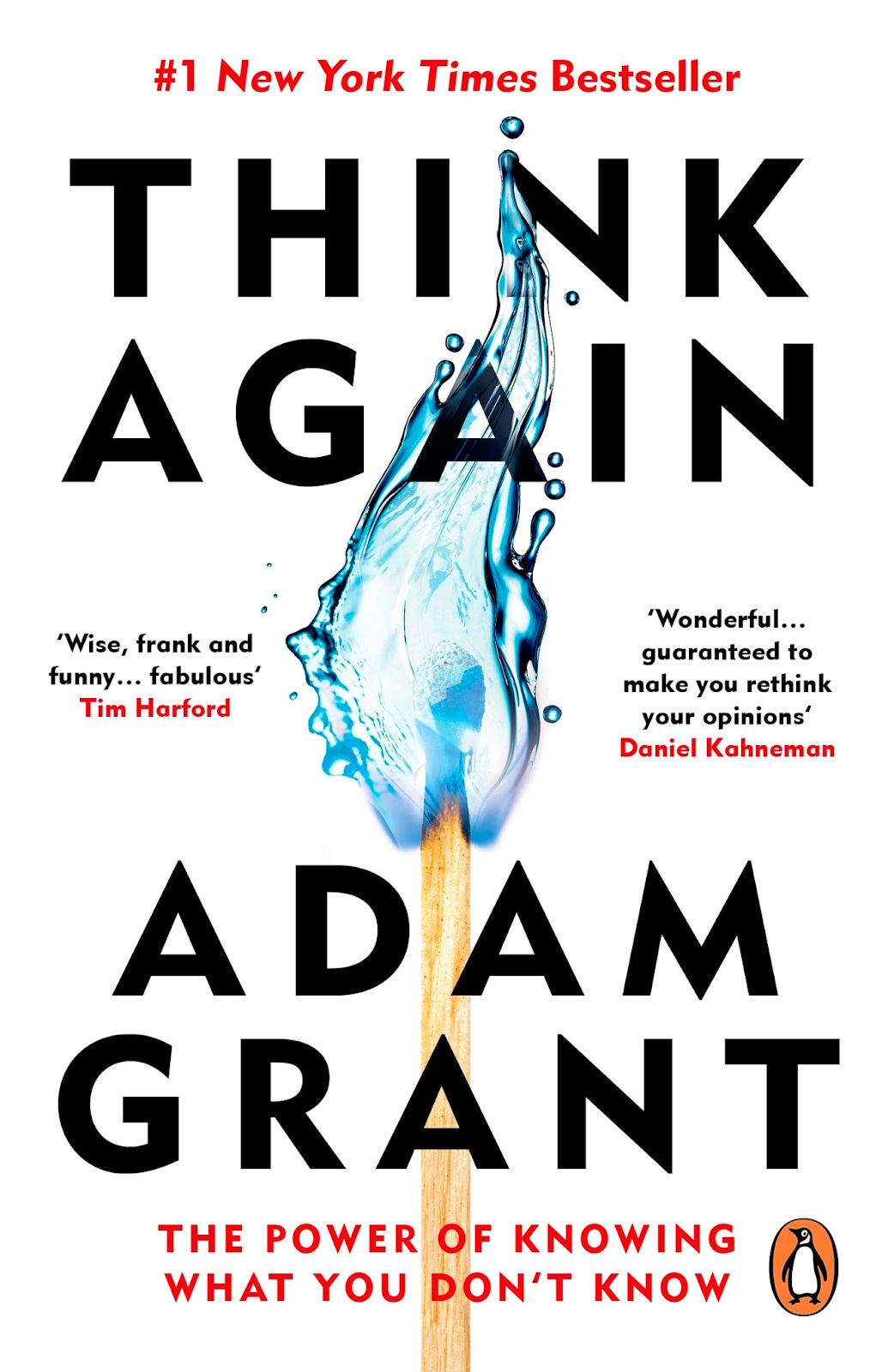In part 1 of this series, you got to hear my career musings from a recent fireside chat at NUS. I promised I’d get my co speakers on the newsletter to share their versions, and I am super excited to have Johanna Dy Juanco as my first ever guest author on TSG.
Johanna and I first met deep in covid via Advisory, where I was her mentor briefly. It’s great to see how far she has come since, and it was awesome to reconnect. Johanna’s post begins below.
Hello everyone!
Thank you Bucky for inviting me to do this. Here’s a quick intro of myself:
My name is Johanna and I am a passionate advocate for inclusive progress and I believe business and technology are the best equalizers to promote social inclusion. I also have a strong interest in impact strategy, public speaking, and project management.
My work strives to uplift underrepresented communities, ensuring no group feels marginalized, disadvantaged or excluded from access to opportunities so that the ambitious and capable can lead fulfilling lives.
I am currently an Investigations Analyst at the TikTok Trust and Safety Team. Always happy to connect on Linkedin here!
Categories
Enhancing Employability
Roles and Careers
Working in Tech
1. Enhancing Employability
What did you do to get yourself into this sector without a (technical) degree? When did you know that you want to be part of this sector?
I’ve always wanted to be a part of this sector since I was in middle school. I was around 14 then, and that materialized even further when I came to Singapore for university. I would do a lot of introspection, and engage in personal development and growth activities to determine my values, find the alignment between my interests and set my goal from there. I always found business and tech to be relevant and useful to achieve real world impact.
When I realized that, I came up with a long-term (5 years) and short-term goal (2 years). Then, I would break down the goals to weekly to daily action items. By setting those milestones or mini goals, it helped me get to where I am today.
How should you market yourself if you do not have experience in the technology sector as an analyst but have experience in data analysis through previous roles and ask for a comparable/higher salary?
In general, the tech sector would pay competitive or even higher rates regardless of one’s previous sector. What is important here is to be aware that tech, as a sector, simply moves much, much faster than any other industry out there. While past experiences help us get to the next step, it is also important to realize, the next role may require a different set of skill sets.
Hence, regardless of one’s previous industry, they are hoping to hire you based on the value you can bring to the table. Being able to substantiate that with evidence and communicate a consistent narrative, will display your attitude, your willingness to learn, and your potential to grow and develop further as a member of that organization.
In your opinion, what are the top 3 values that fresh graduates need to possess to excel in the workplace?
Motivated to grow and learn. Know that it is okay to not know everything, but show that you’re willing to change that.
Honesty and integrity. Show that you can be trusted to contribute as a teamplayer.
Problem solving attitude. Bring solutions not only problems to the table.
How do you think people in tech can further differentiate themselves from their peers to stay competitive?
I don’t understand why there’s a need to compare career journeys. Everyone’s goals are different. Hence, their journeys will be different. The only person you need to compare to is you 5-10 years ahead of you and how are you faring to reach where you wanna be from where you are now.
As an international student, how can you make a company want you enough so that they will do the effort of providing you a visa? Do you need to do extra efforts compared to Singaporeans/PRs?
There is only so much you can control. Companies look at a variety of things, and it’s really about being the right person, with the right skills, at the right time.
From a company’s perspective, when we put fresh graduates into comparison, there’s really not much difference (as internships aren’t really considered as actual experience) between a Singaporean, a PR, and an international student. The output and quality of output that can be achieved is roughly the same.
The pros of hiring a Singaporean/PR fresh graduate, is that:
They can start right away.
They are potentially cheaper (depending on the industry).
Visa sponsorships in Singapore requires a company to:
Pay around ~$100++ fee for the visa.
Wait for ~1 month for Student Pass to be converted to an Employment Pass (EP).
Pay the candidate higher as there is a minimum salary to hire an NUS graduate and sponsor their EP.
So, international students have the burden of showing a company why they should go through that hassle and choose them. And that is why the general advice for international students is to go for companies that are big enough to afford them, and have a need for the language/cultural knowledge etc, to work with such markets.
For international students, it seems a little reductive that our biggest sought out trait is simply being able to speak another language. In your opinion, are there any other traits that we as international students may possess?
Aside from the bare minimum of self motivation, willingness to learn etc etc which any student can possess, companies say language simply because it is what’s more tangible, and thus, easier to grasp. What they are actually referring to is cultural, social, political, economical and contextual knowledge sharing which is something a typical local student can’t do as well as someone who was born and bred and has roots in that market.
What would you recommend learning (e.g. computing language etc) to break into tech lite roles?
Typically, front-end or data analysis tools (i.e. HTML/CSS, Javascript, Python, SQL, R etc.) should be sufficient. What’s more important than learning the syntax is the logic behind how the languages work. Doing so, shows that one took steps to be uncomfortable and to try something new– which again reflects your attitude.
2. Roles and Careers
A few of the PM interviews I’ve had were super intimidating because they expected me to be really good at coding, on par with their engineers - how do I navigate that?
Charles will probably have a better answer to this, but I think that even if your skill sets are subpar, there shouldn’t be that much expectations on a fresh grad. It's then about being able to show that they can invest in your potential to grow and learn.
What do you do as a PM? Was it difficult finding a company that didn’t expect a tech background?
Hmm, I’m not a PM, but tech doesn’t necessarily only hire from tech. Every now and then we want people from different backgrounds that can add value to the organization’s needs.
What do you think are some of the biggest mistakes that fresh graduates make when entering the workplace / tech sector?
Not asking questions. Pretending to understand everything right away, when there’s no shame in asking and learning from others. Learn the company culture, how your team works with other teams etc.
Not taking initiative to build relationships. Take your time to get to know your team, stakeholders etc. by going out on 1-on-1 sessions, coffee lunches etc.
Not building a career plan with your manager. Set clear, tangible goals with your manager.
What's the best advice you can give to help plan a career rather than simply work to keep a job?
Know your values. Decide what you want and go for it, but remember to be open to adapting, because things are constantly changing.
What are some underrated books that you would recommend to someone looking for personal growth?
I recommend ‘Find Your Why’ by Simon Sinek. This book was what I used in my time as a university student and it helped me carve out my values.
Do you feel like ur role as an investigation analyst ties you down since it's a bit niche - how do you weave your career story to bring you to where you are hoping to go next
I actually think being in Safety in tech is a very exciting thing. The same way there’s no master in crypto, because it didn’t exist 10, 20 years ago, there’s no master in trust and safety in tech. That means we get to trailblaze and set a path for what is being acknowledged as society today as important and relevant.
Creating the narrative is actually the easy part. It's just communicating your values, your journey thus far and what you’ve done so far to get to where you want to go next.
1. How to measure your skill level, what gives you confidence that your skill is enough for the role?
2. What makes you want to join the tech sector? Why not just find a biz job only?
Firstly, I’ve never really measured my skill level, simply because there’s no need to. I don’t need to compare myself to anyone else, and there’s no need for anyone else to do so either. Just be yourself, and work on being able to showcase your competency.
Secondly, everyone’s goals and values are different. It's important to be able to discern what you want for yourself isn’t necessarily what everyone else would want for themselves. In my case, I want to be in a supportive environment that makes a business impact, and I think that’s what the tech sector can do, and so I’m here.
How can a Biology/Life Science/Non-tech person break into tech?
Personally, I believe what you study doesn’t matter. Companies who believe so would most likely be filled with people who aren’t my tribe, and so that’s not where I’d ever want to be either.
What’s important is being able to let your work speak for you. If you’ve done the work, then you’ve got the attitude and you just need to make that known.
Is side hustling/freelance work worth the hype?
Definitely. Being young is our advantage. Go take that energy to learn, grow, master something and contribute to the world.
How do we go about finding, cultivating and retaining mentors?
Be open, be authentic. It doesn’t always have to be a formal mentorship, but build a connection and keep it going. More often than not, you’ll find people who are willing to pay it forward as many have done for us and who have helped us get to where we are today.
3. Working in Tech
With the current economic climate in mind, do you think that the tech sector has become more or less competitive?
Definitely a lot more competitive. Post pandemic, people are starting to realize that I want a company who cares for me and my priorities (i.e. family, relationships, fitness, hobbies etc.). And that’s exactly what the tech sector provides. With more and more people wanting flexibility and autonomy to their lifestyle, there will only be more people wanting to break into or remain in tech.
How does your workplace / you encourage employees to take calculated risks that are beyond one's job scope / assigned JIRA tickets?
We have a lot of flexibility and autonomy to start/join initiatives, and sometimes it's more of being able to identify opportunities, prioritizing what that aligns with your goals.
Media Johanna recommends to students
3 recommendations to help students learn and grow. Because the media I’m consuming now is not really relevant for students at this stage.
Essentialism: The Disciplined Pursuit of Less Greg McKeown
Good old book I read when I was in middle school (13-15 years old). Still pretty relevant for me today since I tend to do a lot of things at once– which if I had the chance to do all over again I still would because you don’t lose when you’re building experiences and expanding your worldview, especially when you’re young. Generally the book is about how there can be a lot of clutter and noise in the world, but every now and then, we need to trim down, be more intentional with how we can focus our energy to be more productive rather than all over the place.
Start with Why: How Great Leaders Inspire Everyone to Take Action by Simon Sinek
Practically my bible when I was younger. I loved reading Sinek’s books since it was easy to understand and follow. If you haven’t read this yet, you should. His infamous book on the Golden Circle: Why, How, What. You’ll hear it everywhere, it’s a classic, and as a young person looking to solidify their identity and purpose, this is a good book to do that introspection. Identify your value system, establish your purpose and no matter what comes next, you’ll be grounded.
Think Again: The Power of Knowing What You Don't Know by Adam Grant
One of the last books I read in the limbo of graduating and waiting for my EP to be settled. I actually really like this, and I think more people in their 30s and up need it more, but I think students can find value in this too. I especially like its relevance given it was published post-pandemic, and as we know, how the world works has changed significantly as a result of it. It generally talks a lot about taking a step back to rewire how we think and what we acknowledge as our worldview, because our experiences which serve as the basis of our beliefs and way of life tend to be biased. Go out there and get uncomfortable, change a limiting belief, expand your horizons, because as a young person there’s so much we have yet to experience!







